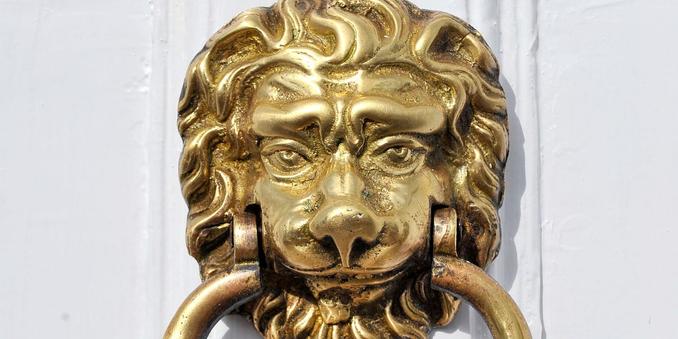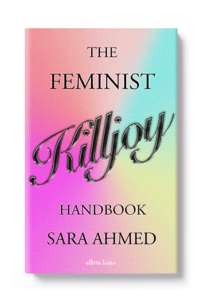New piece of writing on how British politeness and 'manners' are the last surviving pillars of the Empire.
'Not all legacies of the British Empire are loud. Some are quiet, habitual, and dressed in good intentions. In the UK, tone still trumps truth, and politeness remains more culturally sacred than justice.'
https://kristiedegaris.substack.com/p/please-thank-you-and-other-forms-of-control

Please, Thank You, and Other Forms of Control
How politeness is the last surviving pillar of the British Empire. Not all legacies of the empire are loud. Some are quiet, habitual, and dressed in good intentions. In Britain, tone still trumps truth, and politeness remains more culturally sacred than justice.


